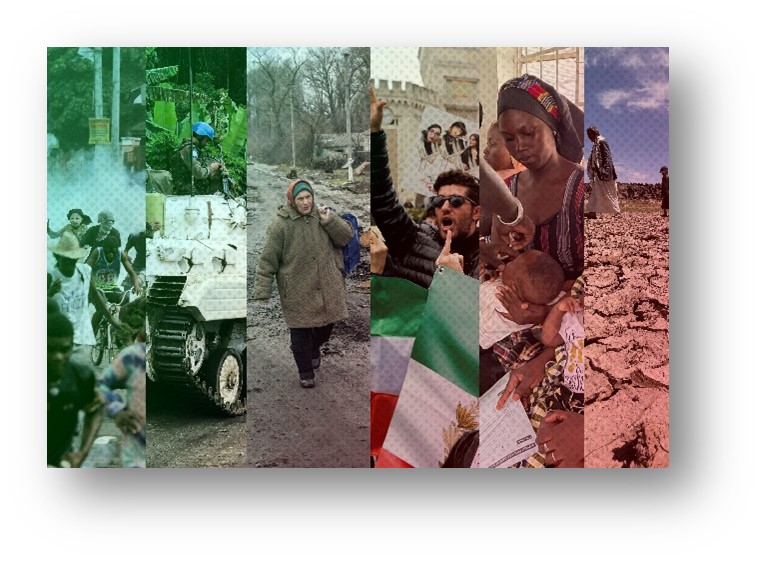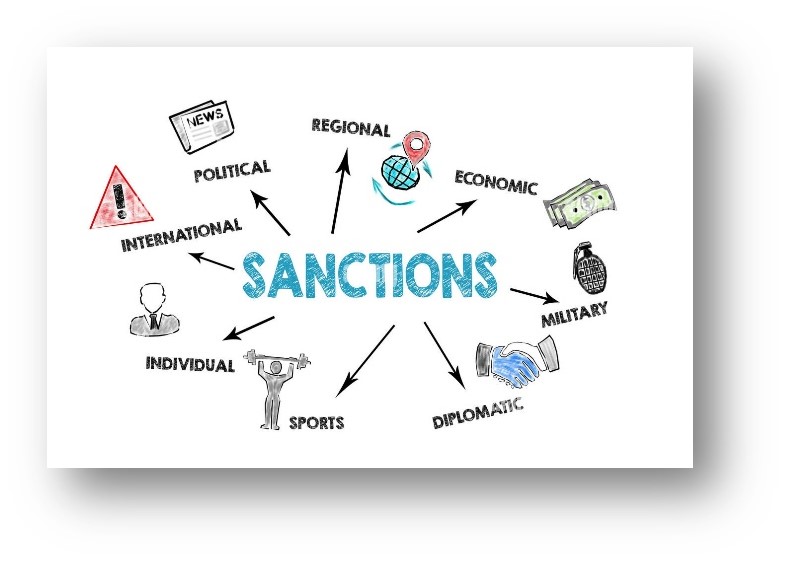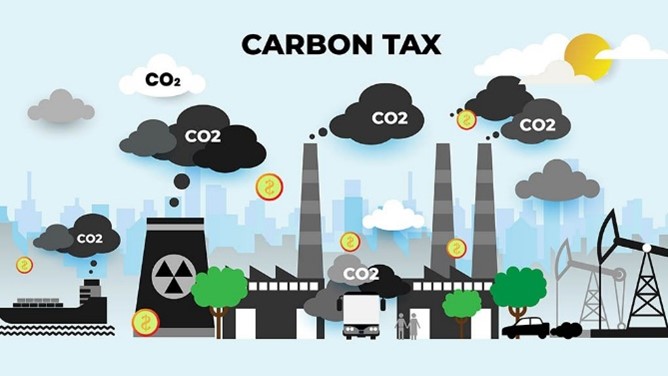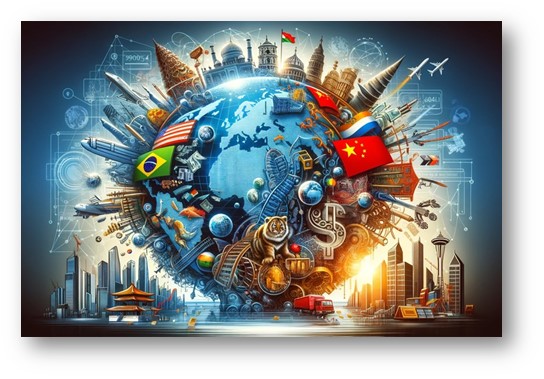Economic Sanctions and Their Political Consequences

Economic Sanctions and Their Political Consequences
by vivienne 05:42pm Jan 08, 2025

Economic sanctions are political and economic tools that countries or groups of countries use to influence or coerce other nations. Generally, sanctions involve restricting or prohibiting economic transactions, such as trade, investment, and access to financial markets, with the target country. The primary objectives of sanctions are to signal disapproval of certain actions, apply pressure to change behavior, or weaken the economic capability of a country in ways that affect its internal policies or foreign actions. 
Here are some of the political consequences and complexities that often follow the imposition of sanctions:
1. Domestic Economic Pressure and Public Discontent
Sanctions can severely impact the economy of the targeted country, often causing inflation, unemployment, shortages, and a general decline in the standard of living. These effects can fuel domestic discontent and reduce support for the government.
Leaders may face protests, civil unrest, or political instability as citizens blame the regime for the hardships, especially when sanctions are highly visible.

2. Strengthening or Weakening of Political Regimes
Sanctions do not always lead to the intended regime change or policy shift. In some cases, authoritarian regimes strengthen their grip by rallying nationalism or blaming foreign interference.
On the other hand, sanctions that destabilize economies can empower opposition groups or incentivize leaders to pursue diplomacy and policy reforms.
3. Influence on International Alliances and Foreign Relations
Sanctions often create ripple effects among allies and trading partners. Some nations may align with the sanctioning country, while others seek to maintain or expand economic ties with the targeted country.
Countries affected by sanctions may turn to new allies for economic support, which can lead to shifts in international power dynamics, such as closer relationships between sanctioned states and non-Western powers like China or Russia.
4. Economic Adaptation and Sanctions Evasion
Targeted countries often find ways to adapt through import substitution, creating new trade partnerships, or building "sanctions-proof" industries. For instance, Iran, facing long-term sanctions, developed a self-sustaining oil and gas sector.
Sanctions evasion tactics—such as smuggling, using cryptocurrency, or transacting through third-party nations—can reduce the impact of sanctions and complicate enforcement for the sanctioning countries.
5. Humanitarian Concerns and Global Criticism
Broad economic sanctions can harm ordinary citizens more than political elites, causing food and medical shortages. This can attract global criticism and opposition from international human rights organizations, which argue that sanctions unfairly impact innocent civilians.
As a result, countries imposing sanctions often face pressure to incorporate humanitarian exceptions, though these provisions can be difficult to implement effectively.

6. Reputational and Diplomatic Costs
For the imposing country, sanctions can carry reputational risks, especially if they are perceived as heavy-handed or if they lead to unintended humanitarian consequences. This can weaken its global standing and diplomatic influence.
7. Long-term Economic Restructuring in Targeted Countries
Long-term sanctions can prompt structural economic changes, such as diversifying away from resource dependence or reducing reliance on foreign imports. While initially painful, these changes can sometimes improve resilience and lead to more self-sufficient economies over time.
In summary, while economic sanctions are often intended as tools to pressure political change, they have a complex and mixed track record. Sanctions may succeed in certain contexts, but they are far from guaranteed to produce desired political outcomes, often coming with unintended economic and humanitarian costs.






